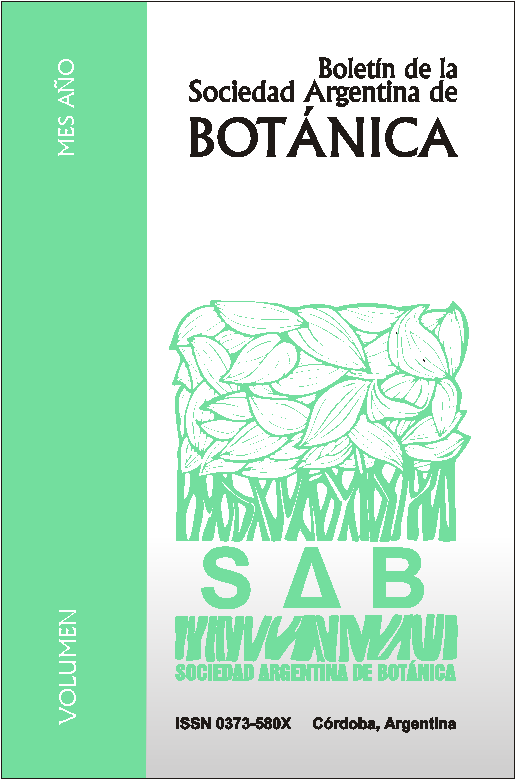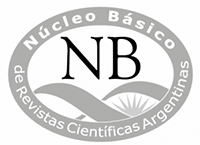Names and classification of fungi according to the peasants from La Paz (Traslasierra valley, Córdoba, Argentina).
DOI:
https://doi.org/10.31055/1851.2372.v50.n3.12518Keywords:
thnobiology, mycology, ethnomycology, traditional knowledge, ethnotaxonomy, linguistics.Abstract
Names and classification of fungi according to the peasants from La Paz (Traslasierra valley, Córdoba, Argentina). Ethnomycology is considered a subfield of ethnobiology that studies the roles of fungi in different cultures. The study of the names that people give to the elements of their environment is a useful starting point for elucidating the underlying nomenclatural patterns, and for understanding the ways in which people conceptualize, perceive, value and classify them. In Argentina, and specifically in the province of Córdoba, the data available in the literature about the relationships and knowledge of fungi among different peoples are scarce and fragmentary. In order to contribute to modify this situation, a qualitative ethnomycological research was carried out among peasants of La Paz, which focused on the study of those topics. Data were collected through open interviews, walks through the area and participant observation. 26 local names were registered for the 31 fungal species that were studied. Names were linguistically analyzed, and results show that peasants group these species in nine categories, based mainly on morphological and substrate characteristics. Based on these results, an ethnoclassificatory scheme of the species is proposed, which shows that vernacular categories occasionally overlap and do not define an absolutely hierarchical system.Downloads
Downloads
Published
How to Cite
Issue
Section
License
Provides immediate and free OPEN ACCESS to its content under the principle of making research freely available to the public, which fosters a greater exchange of global knowledge, allowing authors to maintain their copyright without restrictions.
Material published in Bol. Soc. Argent. Bot. is distributed under a Creative Commons Attribution-NonCommercial-ShareAlike 4.0 International license.









